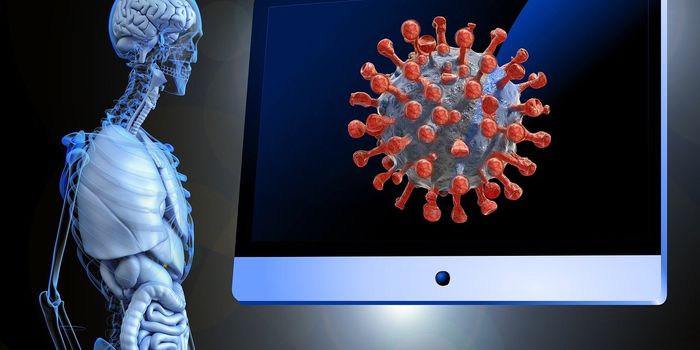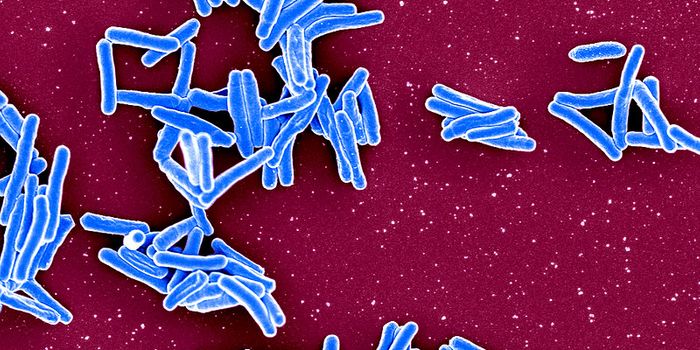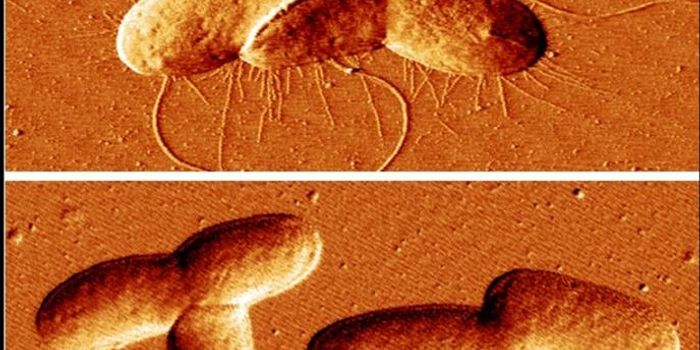Cats Can Get Infected by SARS-CoV-2 and Transmit It to Other Cats
New research reported in the New England Journal of Medicine has indicated that domestic cats can easily be infected with SARS-CoV-2, the pandemic virus that causes the illness COVID-19. Infected cats can easily transmit the virus to other cats. Cats that are infected with SARS-CoV-2 do not show signs of illness, from what we know now. Infected cats also seem to clear the virus within a week.
"That was a major finding for us -- the cats did not have symptoms," said the study leader, Yoshihiro Kawaoka, a Professor of Pathobiological Sciences at the University of Wisconsin School of Veterinary Medicine.
In this study, three cats were placed in different cages, and then infected with the virus, which had been isolated from a patient sample. Another, uninfected cat was then placed in each cage with an infected cat. Nasal swabs were taken from the cats that had been placed in the cages with infected cats; two of the three were found to have contracted the virus within one day, and all three of the previously uninfected cats had it within three days.
Nasal swabs showed that it only took two days for one of the newly-infected cats to start shedding viral particles, and within six days virus was detectable in nasal swabs from all of the cats. Viral particles were shed by the infected cats for six days. There were no viral particles found in rectal swabs.
This research suggests that cats can easily become infected with the virus if they are exposed to SARS-CoV-2-infected cats or people. It confirms previous work reported in Science by researchers at the Chinese Academy of Agricultural Sciences, which found that the virus can infect cats and ferrets, who may also transmit it.
"It's something for people to keep in mind," said study author Peter Halfmann, a research professor at UW-Madison. "If they are quarantined in their house and are worried about passing COVID-19 to children and spouses, they should also worry about giving it to their animals."
The scientists noted that cats are far more likely to get the virus from humans, which has already happened. There have been no cases in which a person has gotten the virus from a cat, and there is no evidence that can happen. COVID-19 patients recovering at home should try to limit their contact with their pets.
It's important to consider the well-being of cats, Kawaoka added. There is "no justification in taking measures against companion animals that may compromise their welfare."
"Cats are still much more likely to get COVID-19 from you, rather than you get it from a cat," added Keith Poulsen, director of the Wisconsin Veterinary Diagnostic Laboratory.
Sources: AAAS/Eurekalert! via University of Wisconsin-Madison, New England Journal of Medicine









